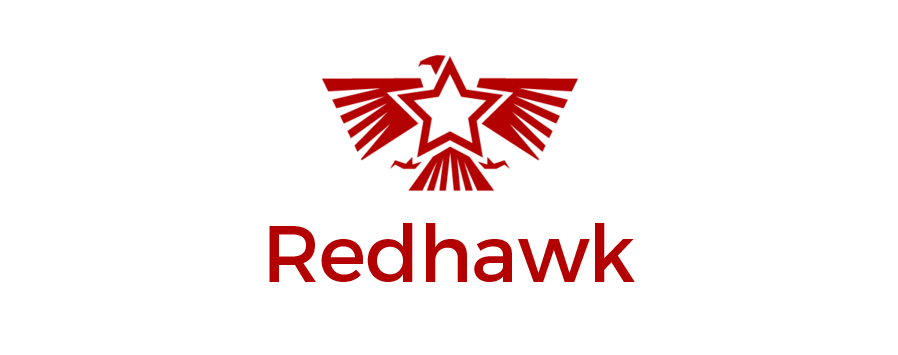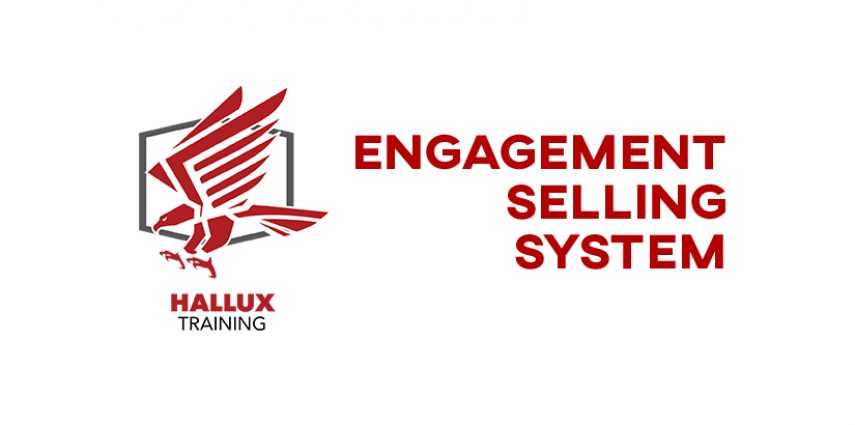The learning curve for any start-up is steep and immediate. For successful founders, that learning happens exponentially and early mistakes turn into valuable guideposts for future decision-making. As these founders figure out how to simultaneously be the CFO, CEO, CMO, CSO and Director of Custodial Services, they are forced to do all the things needed to lead their company.
It is lonely at the top, and founders are used to making most, if not all, decisions of consequence. This creates an incredible growth experience for them as professionals but the stress and doubt created in the responsibility of concentrated authority can be overwhelming.
One of the ways many founders cope with this is to form or join a peer group. These groups come in many flavors and range from completely informal to highly structured. Some start-up companies even use these in lieu of advisory boards. Unfortunately, some of these return questionable value because they serve more as mutual admiration clubs than members who push each other to overcome business obstacles.
Talking to some tech founders about their own peer groups at a networking event recently, I asked some questions about the groups they had created and how they operated, one theme seemed to repeat itself. These founders sought out people that were just like them. They wanted peer groups made up exclusively of members in their exact same business, market and technology space. After asking a series of follow-up questions, it was obvious they wanted validation more than they wanted to be challenged to adopt new strategies. They wanted to commiserate with their peer groups about topics like customer expectations, overseas pricing competition and the challenges of finding the best taco in town.
I didn’t make that taco thing up. One founder actually told me he had spent the better part of an afternoon discussing the best taco place with his peer group on Slack.
Setting aside the obvious value of locating the best tacos, I did find this self-inflicted tunnel vision fascinating.
At one point I challenged one of those founders stating, despite what he thought, “All problems weren’t created in a SAAS company and they haven’t all been solved by a SAAS company.”
This isn’t to pick on him, start-up founders or SAAS companies. I’ve met many people who create these cocoons of group think and herd together in like-minded groups who have more interest in propping each other up than challenging each other to get better.
It’s very important to have people around you that support, love and encourage you unconditionally. It is equally important to have a cohort that challenges you and holds you accountable. Ideally, you have both. Everyone can benefit from a mentor or group of people that is dissimilar and creates some friction of thought or mindset. If everyone around you is exactly like you, your chances to learn and grow diminish exponentially.
Having a peer group that only disagrees about whether hot or mild salsa is best for a taco probably won’t create the discourse required to grow and develop your business.
Founders: your peer group may just be a Taco Fan Club May 20th, 2016Matt Hottle

